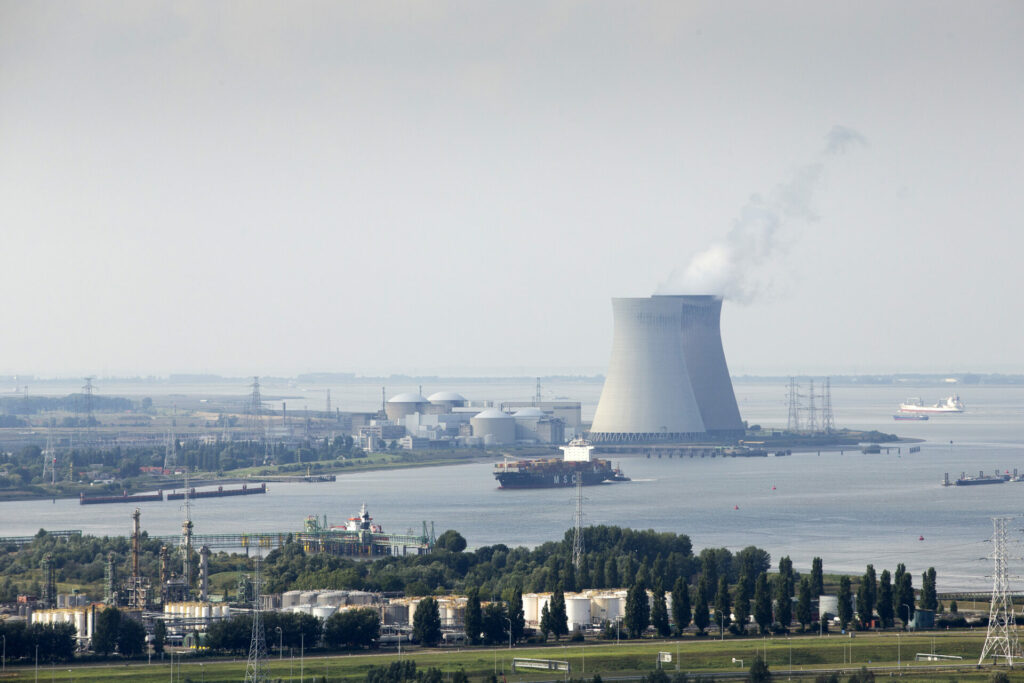Belgium is joining an international consortium with the United States, Italy and Romania to develop small nuclear power plants. Together, members have already invested €100 million in research and want to bring the technology to market by 2040.
"In Belgium, we have mainly built large reactors, and we have gone bigger and bigger over the years to maintain an economy of scale," Peter Baeten, director general of the SCK CEN nuclear research centre in Mol, said on Flemish radio on Thursday.
"Instead, we now want to build several small reactors, the components of which we can eventually also start making here ourselves. That can offer an economic advantage."
The intention is to develop lead-cooled small modular reactors (SMRs) together with the US, Italy and Romania. The small reactors work with an innovative cooling technology that uses liquid lead to dissipate heat.
Reducing radioactive waste
The new technology is also more sustainable than large nuclear power plants, Baeten explained. "We have been specifically tasked by our government to look at technology that reduces high-level radioactive waste as much as possible and makes better use of natural resources, such as uranium."
Therefore, the company deliberately did not choose the water-cooling technology that current nuclear power plants work with and went for lead-cooling technology instead. "As a result, the small modular nuclear reactors have advantages both economically and ecologically," Baeten said.
Importantly, that technology should also make small reactors safer: "When you stop a reactor, there is always heat that needs to be dissipated. Today that is done with pumps, which need electricity, which has to come from diesel generators or the grid."
Related News
- Extend nuclear reactors to keep electricity costs low, Belgian industry urges
- Belgium in Brief: Bringing detail to the nuclear debate
- Belgium in Brief: The nuclear elephant in the room
That, in turn, can lead to safety risks. "With the new technology, we dissipate heat in a different, safer way – namely based on natural circulation. Hot water rises, while cold water falls, all without a pump. In that case, safety relies on natural principles and they cannot fail. Hence, we speak of passive safety."
The nuclear research centre SCK CEN hopes to deliver the first energy between 2040 and 2045, depending on how quickly the consortium of the four countries comes up with finished demonstration reactors.

